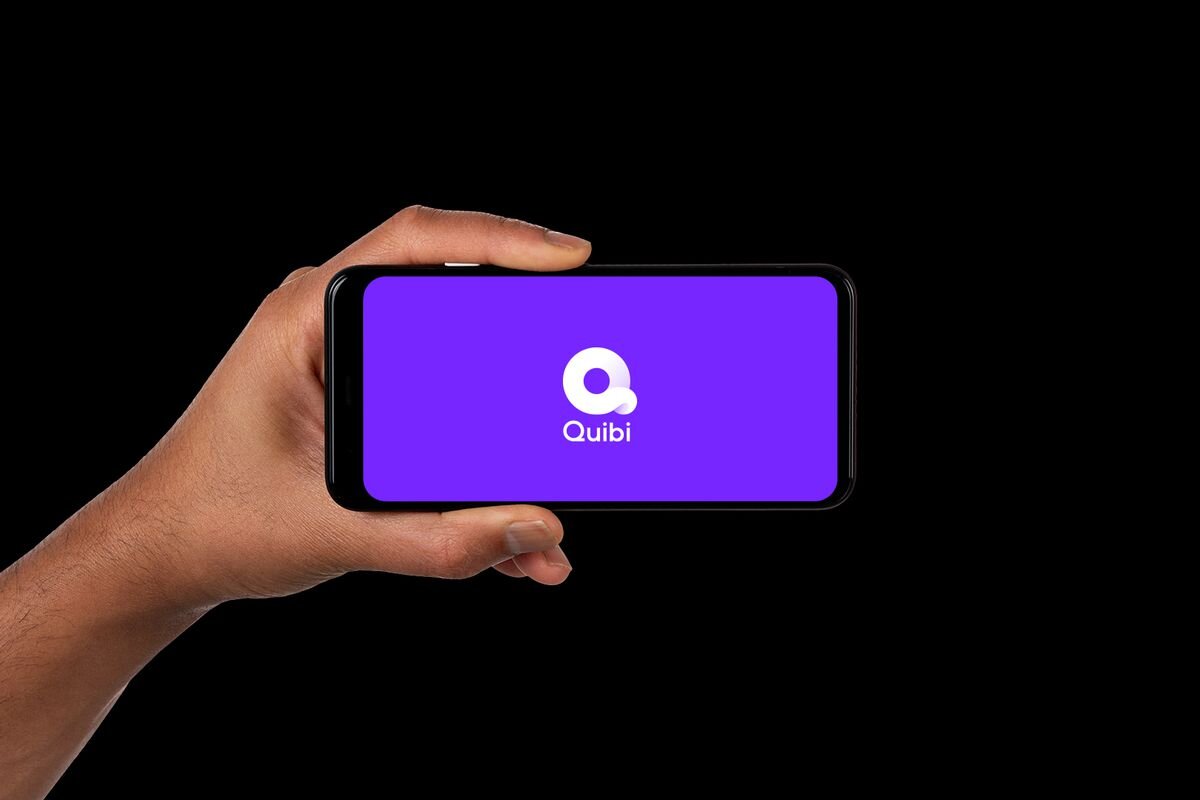
Quibi was a disaster from the start: Why the app couldn’t find footing
From Netflix to Hulu to whatever Apple TV is there are too many streaming platforms to keep track of now. The sheer quantity of content is overwhelming to both casual TV fans and those who feel the need to watch anything and everything even remotely good (hi, hello, that’s us.)
With platform after platform being announced people have been waiting to see when market saturation would occur. Eventually someone had to fail, they couldn’t all be smash hits – at some point consumers would decide “I can’t afford another streaming service” or that a service wasn’t worth it.
The day has come and the first content platform to fail is Quibi – and boy did they fail hard. Let’s take a look at what Quibi was trying to be and why it just didn’t work for them.

The concept
Quibi got it’s name from the phrase “quick bites”. Their concept was to create short form content, so everything was ten minutes or less. Did this stop them from making their own movies? Absolutely not. In order to make this work their movies were cut up into ten minute chunks and you would have to watch each video individually. Ah yes, that sounds like the epitome of convenience doesn’t it? 🙄
On top of this Quibi was a mobile phone exclusive. If you wanted to chill out at home and watch something on your TV then Quibi wasn’t an option. If you wanted to watch Chrissy’s Court (a comedy show where Chrissy Teigen essentially pretended to be Judge Judy) then you were forced to watch on a tiny phone screen.
Quibi had one merit that they seemed to think would skyrocket their popularity – they signed deals with countless A-list celebrities. From the aforementioned Teigen to Joe Jonas to Reese Witherspoon, Quibi did have quite the impressive list of personalities. They apparently thought fans would flock to the app and pay $4.99 a month ($7.99 if you didn’t want ads) just to see their favorite celebrities.

The problems
We already pointed out a couple of issues – only being able to watch on your phone isn’t great, nor was their format for movies.
Quibi did have show series which boasted ten minute episodes, which sounds fine – but if anyone needs a “quick bite” of content there are already plenty of free options out there. From TikTok to YouTube to Instagram TV why would anyone pay for content like Quibi’s? Especially when they didn’t have any must-see concepts.
Quibi touted itself as the perfect app to open while you’re in a line or waiting for a friend to meet you somewhere – essentially it was content for busy people who are out and about a lot. Except in the year 2020 there’s practically no such thing as someone who is out and about, so their release timing was a bit tragic.

The other issue Quibi ran up against is the fact their content appears to be marketed for younger millennials and Gen Z. This is a vast demographic filled with tech savvy people, so this seems like a brilliant move. The problem is that younger millennials are painfully broke and can barely afford their Netflix subscription, and most of Gen Z still lives at home with their parents since almost all of them are still minors.
Millennials weren’t going to shell out five bucks a month to watch Anna Kendrick befriend a sex doll and Gen Z wasn’t likely to be able to convince their parents to pay for a streaming subscription that would only further encourage phones at the dinner table.

Quibi calls it quits
The streaming service launched in early April of this year, and now in mid-October they’ve announced they’re ending service. There have been reports stating that after Quibi’s three month free trial ended they lost 90% of their subscribers – leaving them with a pitiful number of paying customers – approximately 72,000.
Quibi has apparently refuted these numbers saying they’re inaccurate, but The Verge notes that Quibi hasn’t provided any numbers of their own.The company had 200 employees and as of this time nobody knows whether the content already uploaded to Quibi will be immortalized somehow or if it will disappear into the ether never to be remembered.
Either way we’re not convinced anyone will care. Though if they did put their content on YouTube they might actually make more money than they did with the app if they monetize their videos.



